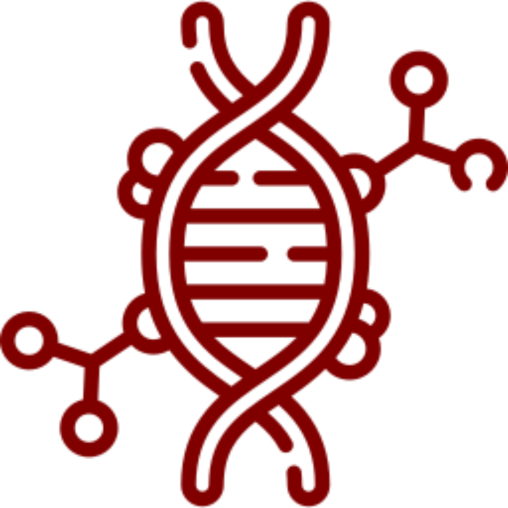CENTER FOR MECHANICAL
EXCITABILITY
Our mission is to lead research on mechanobiome
We focus on the understanding of the mechanobiome, where biological forces are sensed, transduced, and exerted as part of a broad range of physiological and pathophysiological processes.
Our work aims to reveal the principles of mechanosensation – how life feels the world – and how these insights can help advance treatment development for hearing and balance disorders, among other conditions.
Leadership


Labs

CME Research
Our center is to lead the development of the nascent discipline of mechanobiome, at the mechanistic and discovery science levels, using an advanced toolkit that includes: biochemistry, biophysics, cell and molecular biology, structural biology and imaging, AI-driven computational modeling and bioinformatics. Our main goal is to decode the general mechanistic principles that relate function with protein movement, force transduction and its associated fluctuation dynamics.
Areas of Inquiry

Sensory Mechanotransduction
The study of hair cell development and electrical signaling in auditory and vestibular physiology.

Scaffolds and Motors
The role of molecular motors, cytoskeleton and associated biochemical signaling pathways in cellular and tissue formation.

Mechanical Signaling
The contribution of atomic and molecular forces to define mechanobiology at cellular levels.

Biophysics & Technology Development
These are two areas that share concepts, approaches and mechanisms and are used in our studies.
Labs
A world class team has been assembled to carry out, in a highly collaborative and integrative way, the key experiments that will transform our fundamental
understanding of the role protein dynamics play in
linking structure and function.
Araç
Dinner
Gardel
Bezanilla
Eatock
Glotzer
Concepcion
Fang
Kovar
CME News
Perozo and Malamy Lab postdoctoral scientist receives fellowship from the Grass Foundation
Perozo and Malamy Lab postdoctoral scientist receives fellowship from the Grass Foundation Zeeshan...

